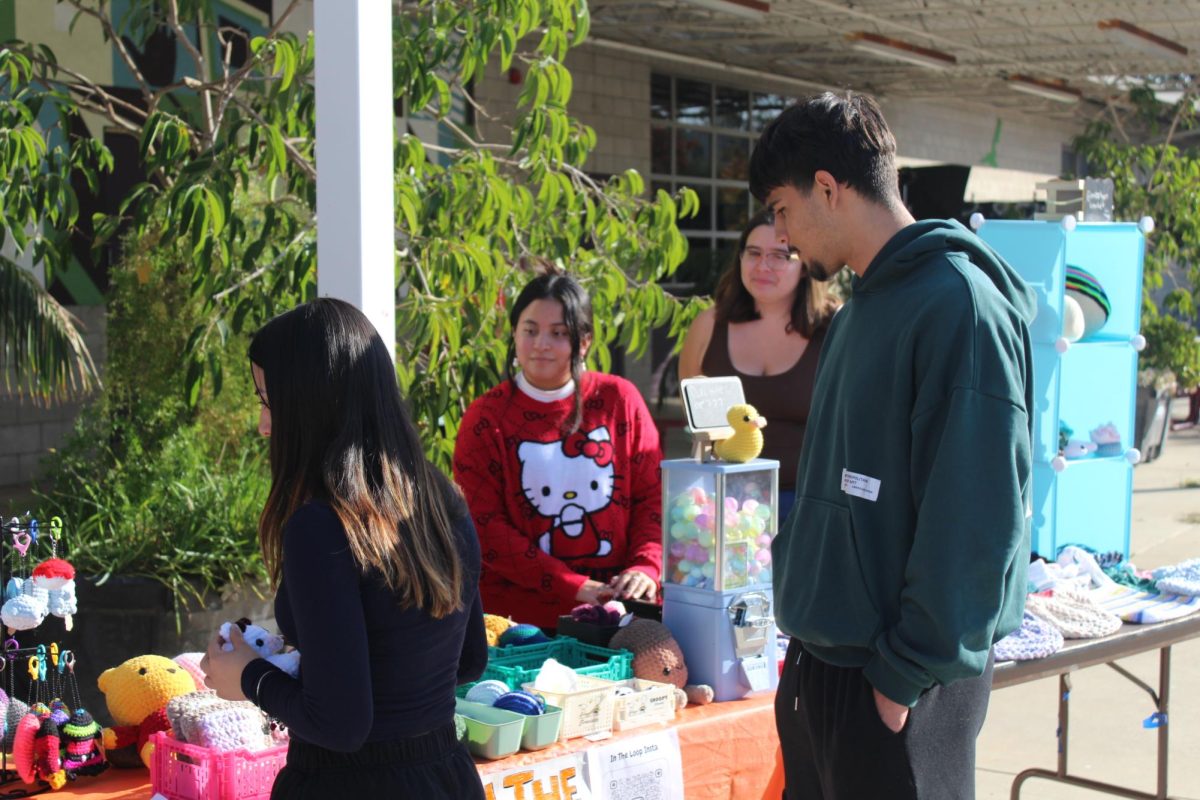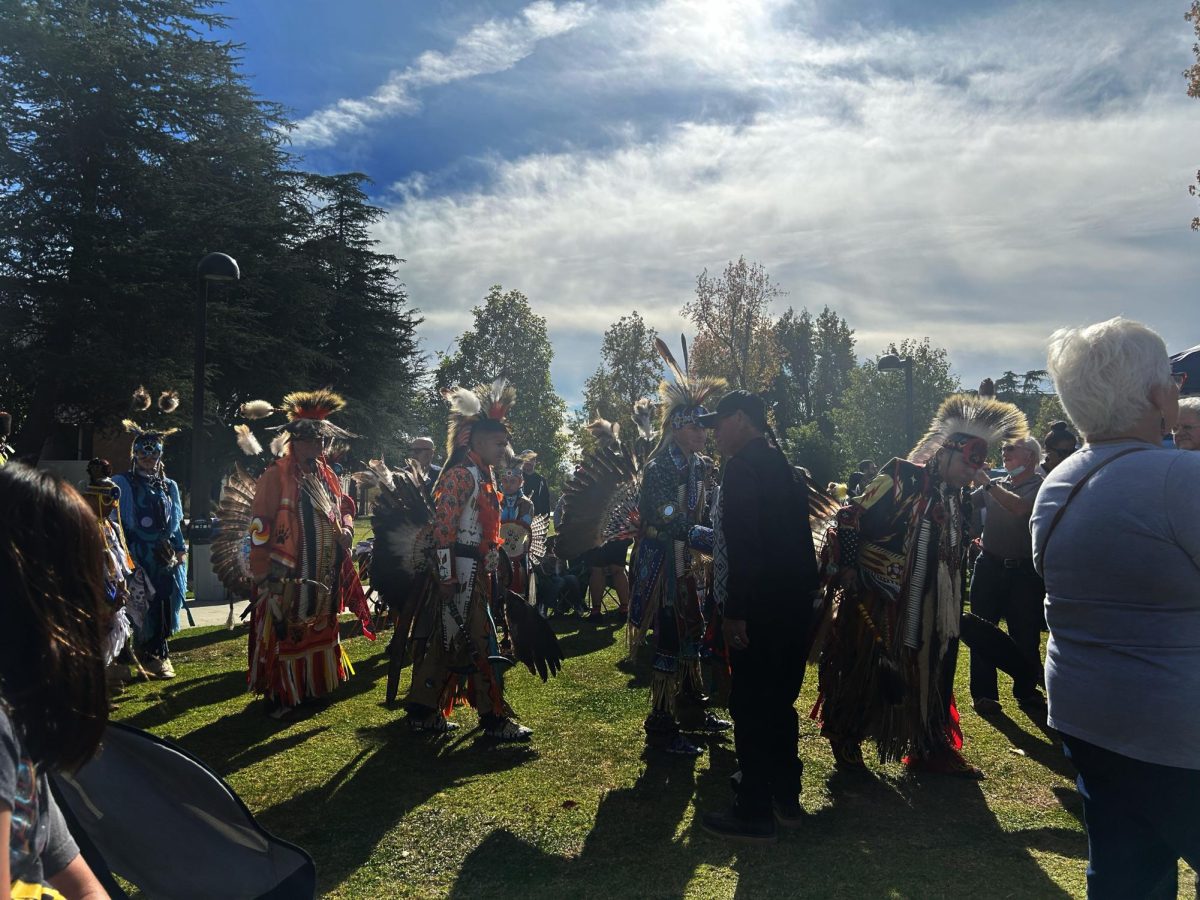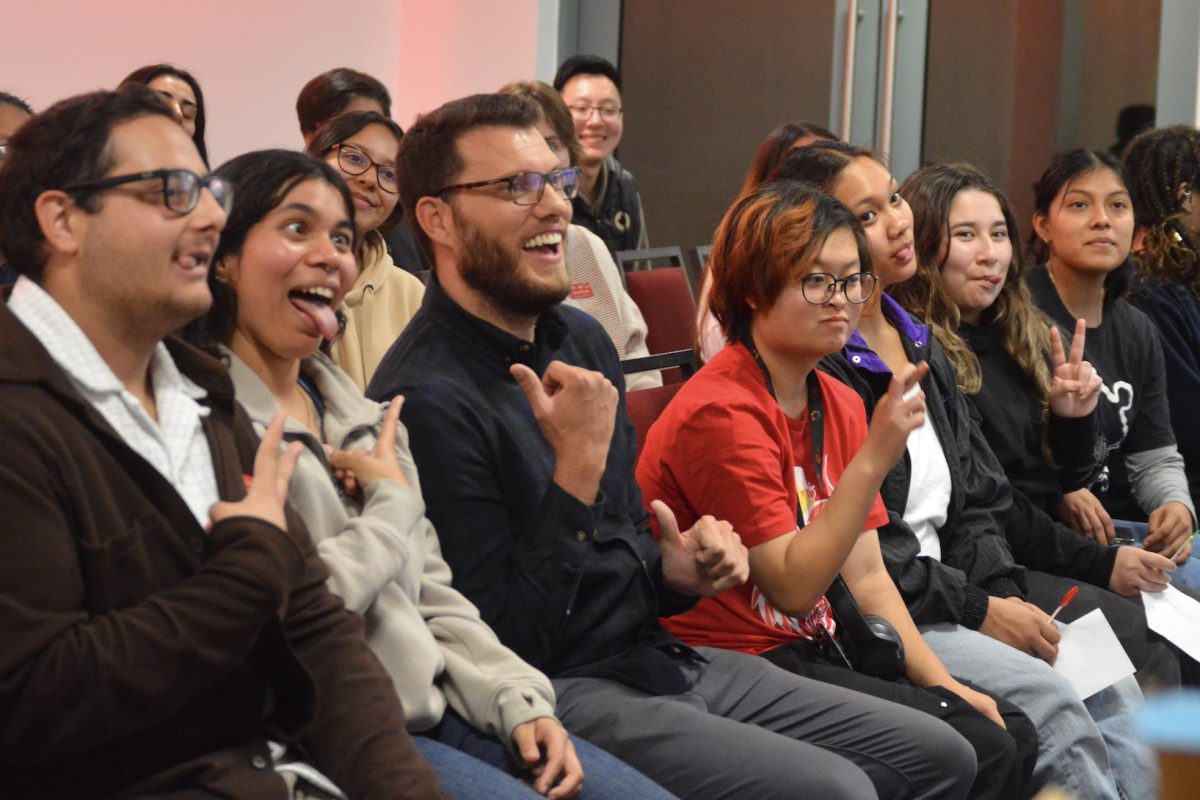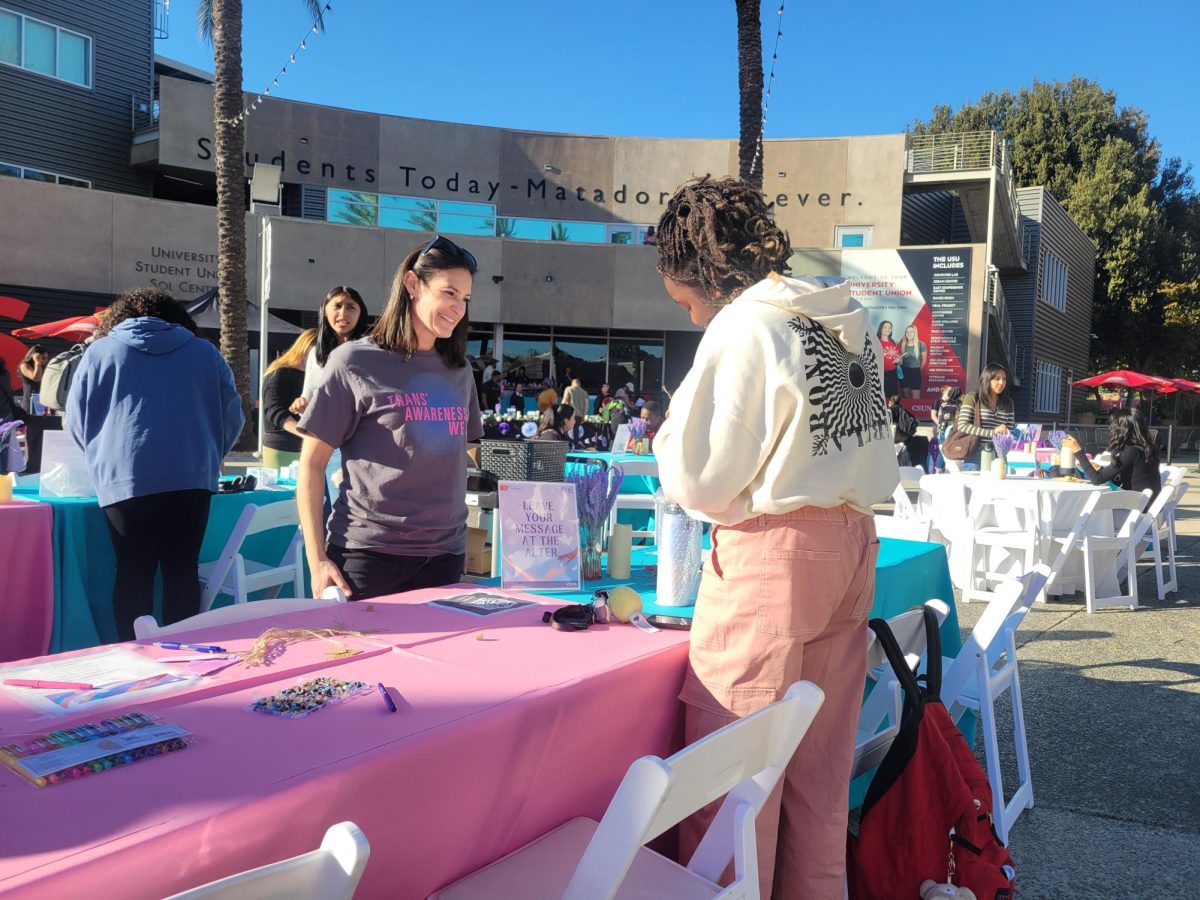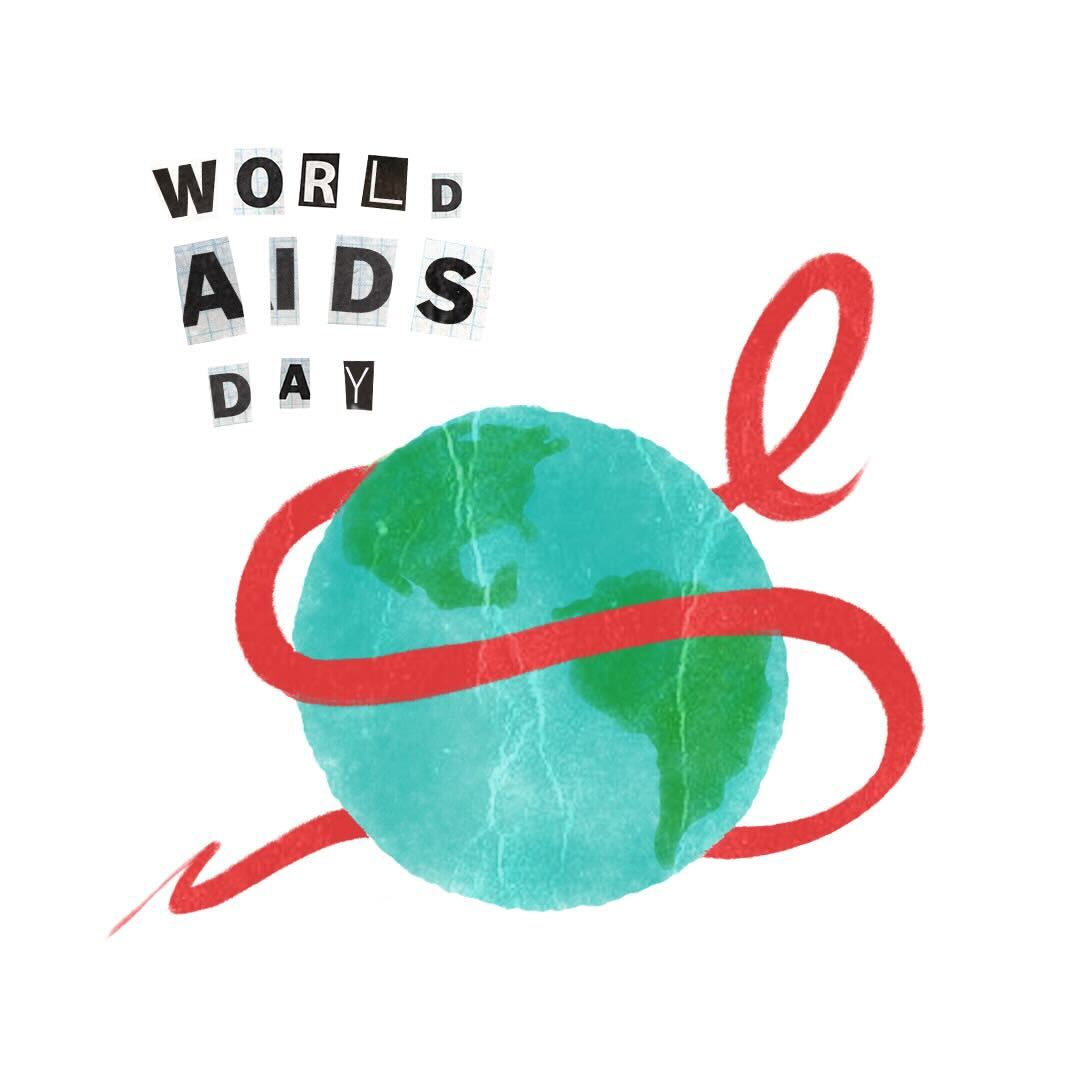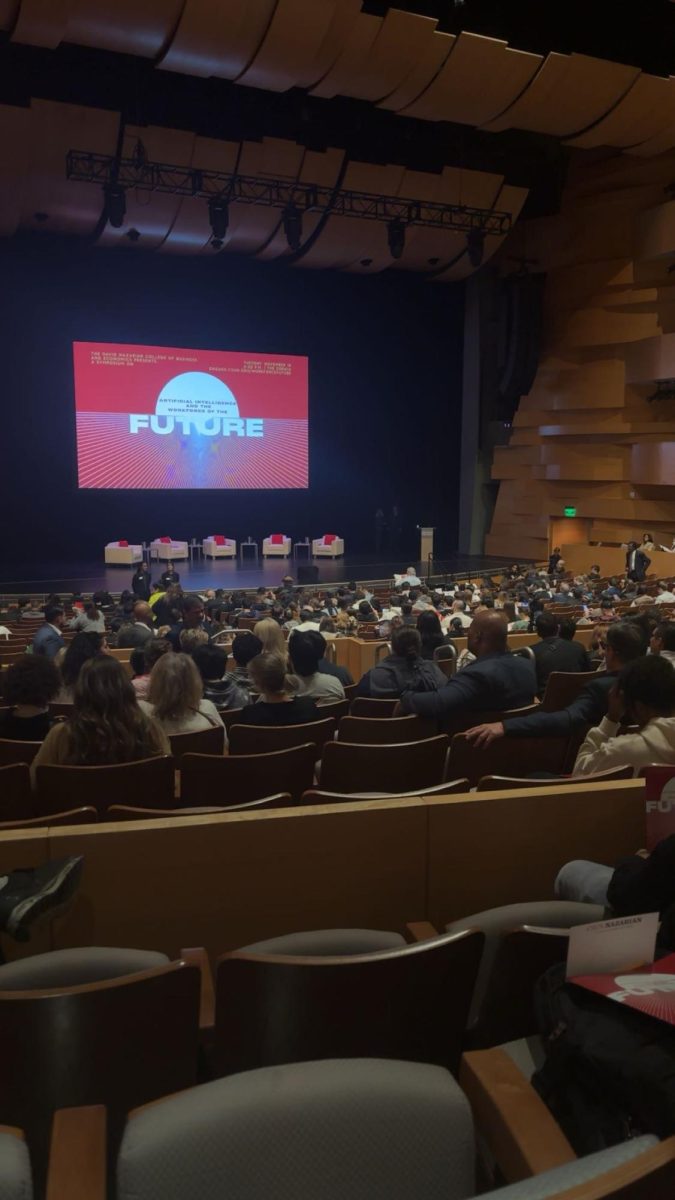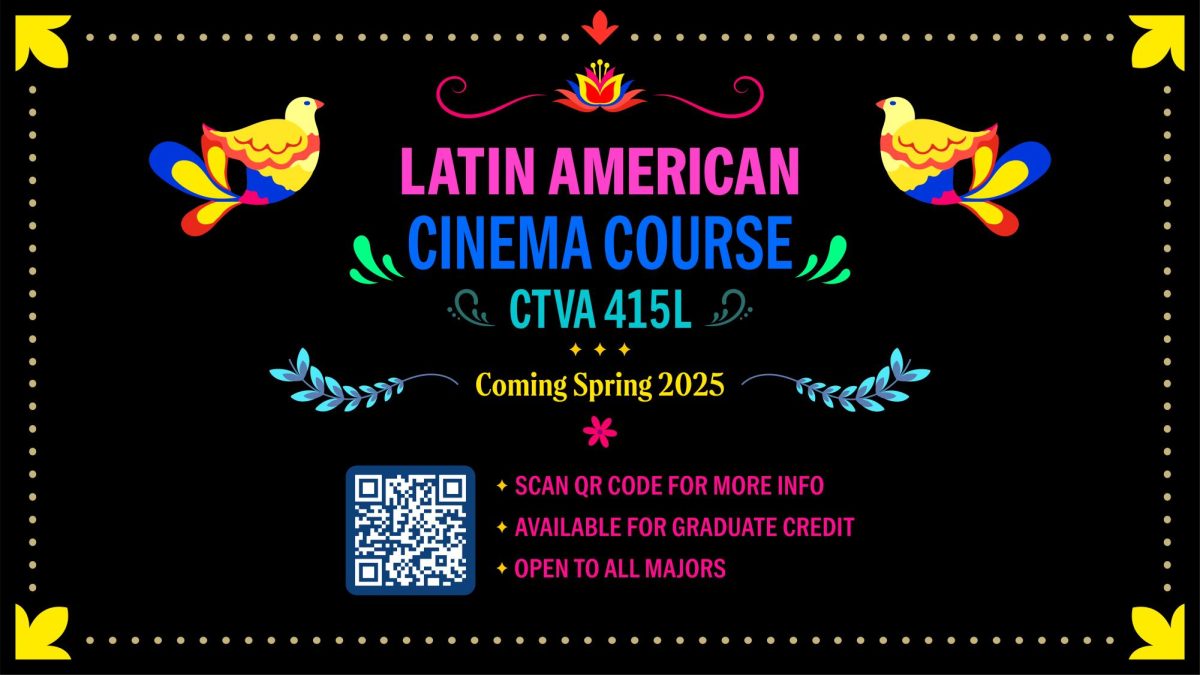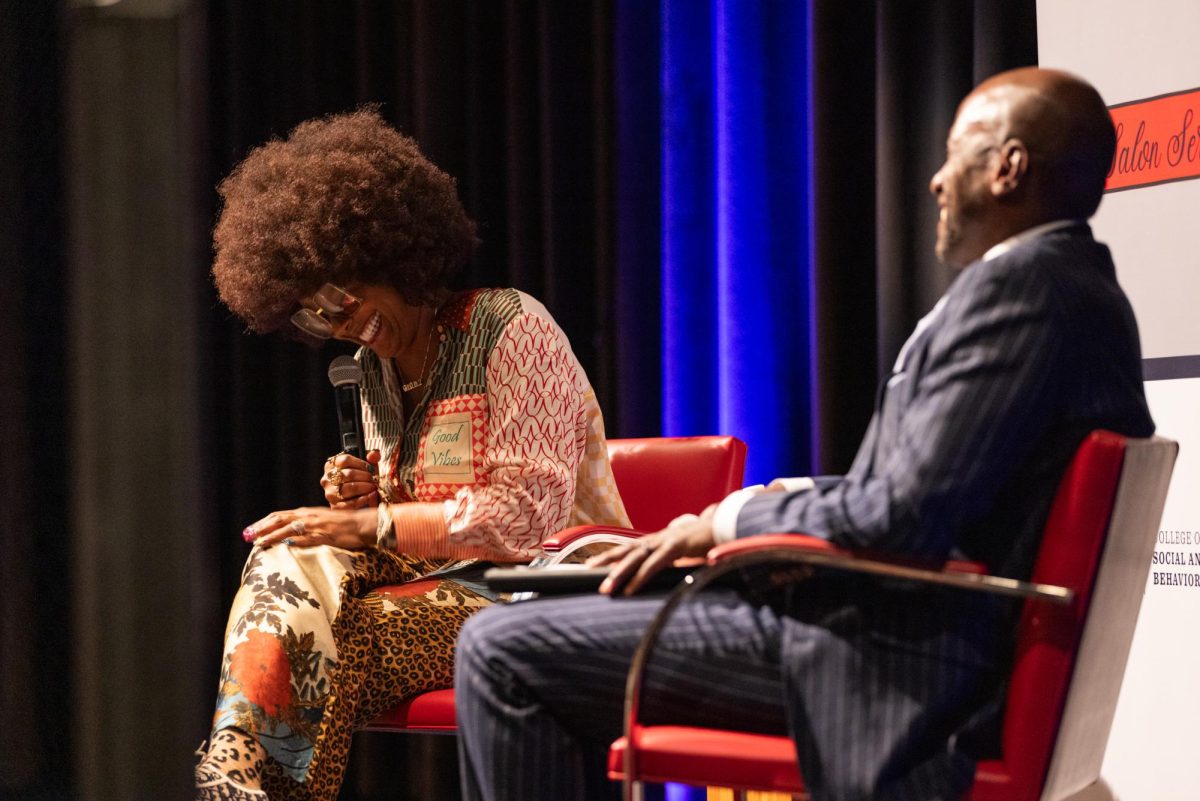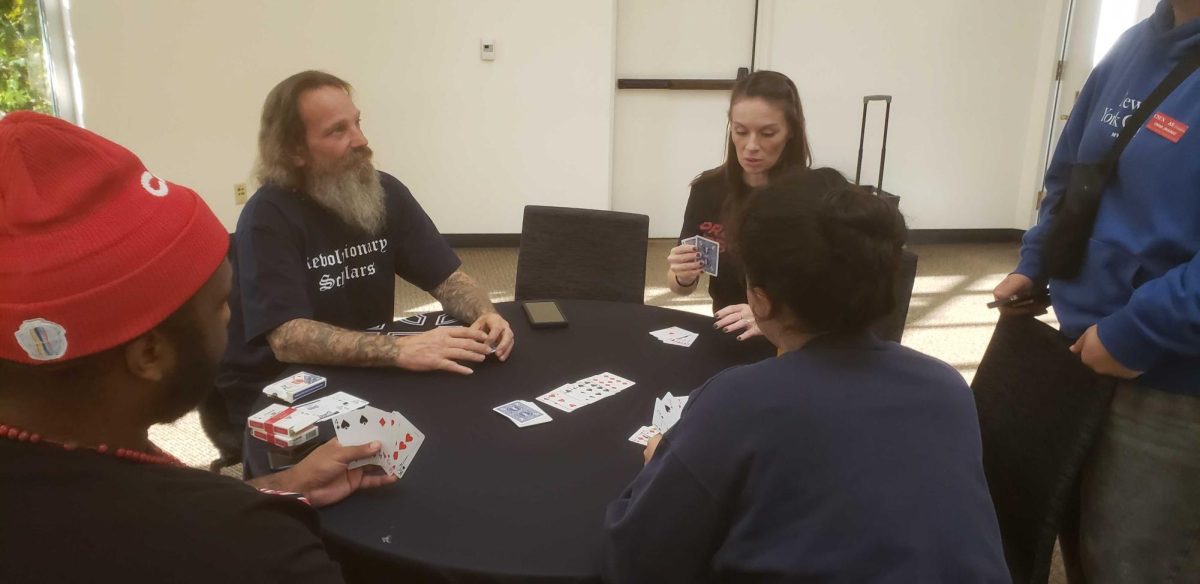“Blackfish”
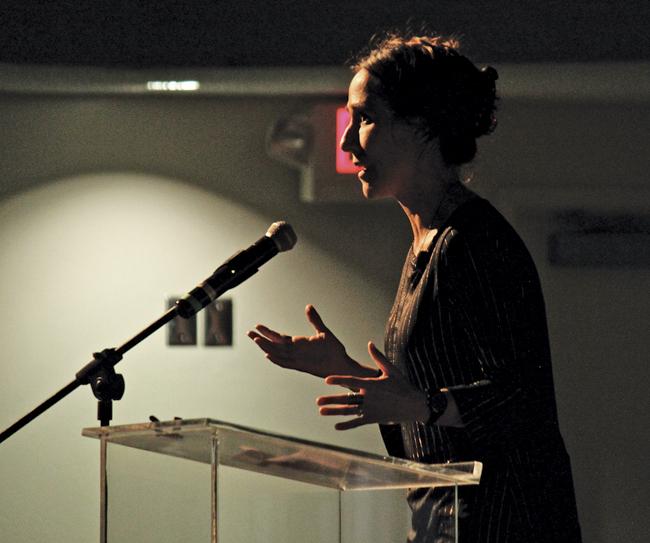
director Gabriela Cowperthwaite visited campus Wednesday to speak about her experiences becoming a documentarian and creating the controversial film.
“Blackfish” challenges the industry of animal captivity by following the story of SeaWorld San Diego’s performing orca whale, Tilikum. The whale was responsible for the death of three people, one of which is his own trainer.
“Having a good question is sometimes more important than having an argument,” Coperthwaite said. “I wanted to figure out this question for people like me.”
Since it’s limited theatre debut and release on Netflix last year, the film has sparked a media battle over the ethics of animal captivity and has Seaworld back peddling. Show attendance dropped, stocks took a beating and musical acts backed out of scheduled park performances.
Cowperthwaite said “Blackfish” was not a film for animal activists, it is for people “who don’t necessarily think about things like this.”
She said she never meant to vilify SeaWorld, but rather explore the issue from an objective perspective because she did not have a set opinion like many who may not even think about things like this.
She said she had even taken her own children to the park years before, and from the production it seemed like a happy place with people smiling and enjoying the show. As she spoke about her experience through her career she said every project changes you. It all starts with curiosity and a question.
After her opening lecture forum, incoming AS president Tiffany Zaich sat down with Cowperthwaite for a question and answer session.
When asked if she had encountered any challenges in the production of “Blackfish,” Cowperthwaite discounted a popular criticism to her motives for the project. The movie made a reported $2 million at the box office, but Cowperthwaite “didn’t make a dime.”
The film was privately funded and the the money that it did make went back to paying off investors. When budgetary issues arose, Cowperthwaite and production partner Manny Oteyza chose to drop their salaries in order to not take away from the resources capturing the story.
As Zaich wrapped up her questions students were given the ability to have their own curiosity quelled.
She said that when creating something and telling a story, sometimes the end product is viewed as more than the sum of its parts. She urged students that “Blackfish,” is its parts. Cowperthwaite said they only hit the tip of the iceberg with Tillikum’s story, though there was so much more.
In the wake of “Blackfish,” the controversy still swells between Seaworld and the documentary. Cowperthwaite said Seaworld is a large organization and has the money to wear you out. Seaworld has denied any invitation for an open forum conversation to work toward a solution.
Cowperthwaite’s theme of the evening was arising the question to find a story. She believes the solution is sea pen wildlife sanctuaries and retirement of those whales still in captivity.
She found her answer while directing “Blackfish,” and expressed to CSUN that they need to form their own question.
